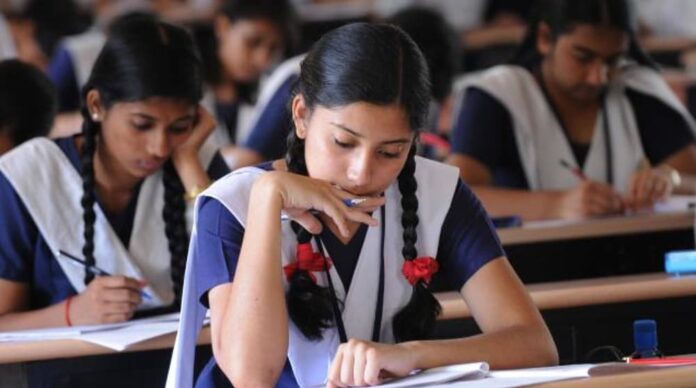Introduction
Welcome to our comprehensive guide on secondary level education in India. In this article, we aim to provide you with an in-depth understanding of the educational landscape at the secondary level, also known as high school education, in India. Our goal is to present a well-researched, detailed, and informative piece that will help you gain insights into the intricacies of the Indian education system at this crucial stage.
Understanding Secondary Level Education
Secondary level education in India typically encompasses grades 9 to 12, catering to students aged between 14 and 18 years. It serves as a bridge between primary education and higher education, laying the foundation for further academic pursuits and career choices. During this phase, students undergo significant intellectual, emotional, and social development, making it a crucial period in their educational journey.
The Importance of Secondary Education
Secondary education plays a pivotal role in shaping a student’s future. It not only imparts essential knowledge but also fosters critical thinking, problem-solving skills, and the ability to work independently. This phase of education is instrumental in preparing students for higher studies, professional careers, and becoming responsible citizens.
Curriculum and Subjects
The curriculum at the secondary level in India is diverse, providing students with a wide array of subjects to choose from. Core subjects such as Mathematics, Science, Social Studies, and Languages form the foundation, while elective subjects like Commerce, Humanities, and Fine Arts offer students the opportunity to explore their interests and talents.
Examination Boards
In India, secondary level education is governed by various examination boards, each with its own set of syllabi, grading systems, and evaluation methods. The Central Board of Secondary Education (CBSE) and the Indian Certificate of Secondary Education (ICSE) are two of the most prominent boards at the national level. Additionally, each state has its own state board responsible for conducting secondary examinations.
Challenges and Reforms
While the Indian education system has made significant progress, it also faces certain challenges. Issues such as high dropout rates, inadequate infrastructure, and disparities between rural and urban education still persist. However, there have been notable efforts to implement reforms and bridge these gaps, including initiatives to enhance the quality of teaching, introduction of vocational training, and promoting digital literacy.
Importance of Extracurricular Activities
Recognizing the significance of holistic development, secondary schools in India encourage students to participate in extracurricular activities. These activities, ranging from sports and cultural events to debate competitions and community service, foster a well-rounded personality and build valuable life skills.
Career Guidance and Counseling
Secondary level education is a critical juncture where students begin considering their career paths. Career guidance and counseling play an essential role in helping students make informed decisions about their future. Schools and educators strive to provide support and information to assist students in identifying their strengths and interests.
Preparing for Competitive Examinations
India is renowned for its competitive examinations that determine admission to prestigious colleges and universities. Students aspiring for careers in engineering, medicine, law, or other professional fields often need to clear national or state-level entrance tests. Secondary schools focus on equipping students with the necessary knowledge and exam-taking skills to excel in these highly competitive exams.
Technology Integration in Education
With advancements in technology, the landscape of education has transformed significantly. Many schools in India now embrace digital learning platforms, interactive teaching tools, and e-learning resources to enhance the learning experience. This integration of technology not only makes learning engaging but also prepares students for the digital age.
Parental Involvement and Support
The role of parents and guardians in a student’s educational journey cannot be overstated. Active parental involvement and support have a positive impact on a child’s academic performance and overall development. Schools often engage with parents through regular meetings and workshops to foster a healthy and collaborative learning environment.
Conclusion
In conclusion, secondary level education in India is a crucial phase that shapes a student’s future and prepares them for higher studies and careers. By understanding the curriculum, examination boards, challenges, and reforms in the system, as well as the significance of extracurricular activities, career guidance, technology integration, and parental involvement, students can make the most of their secondary education journey.


